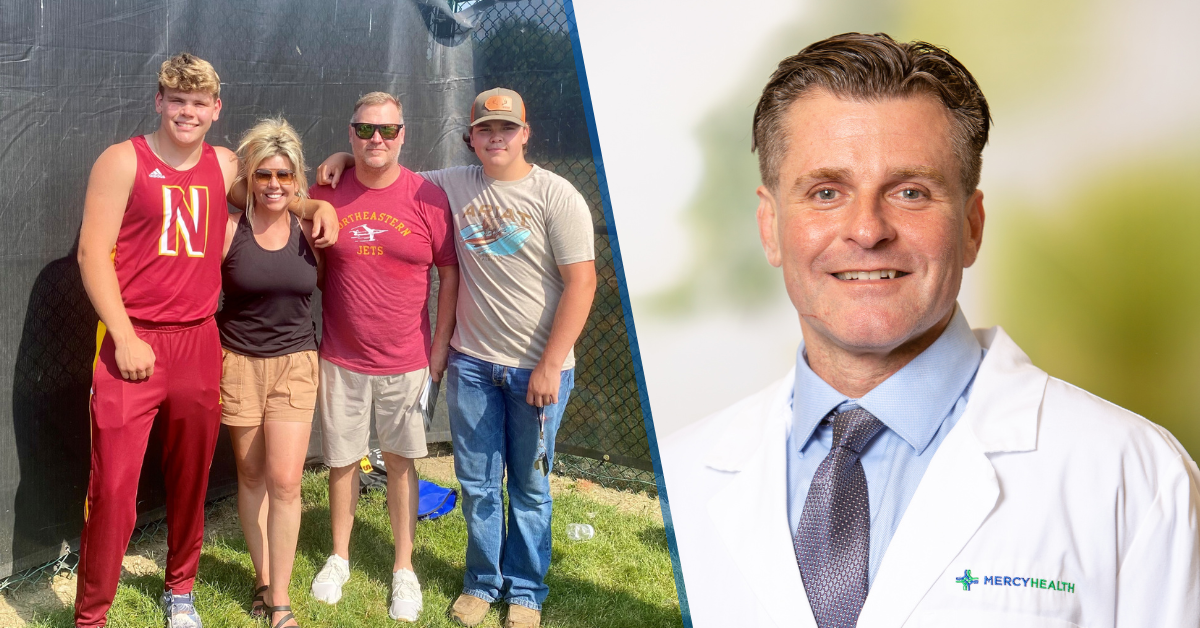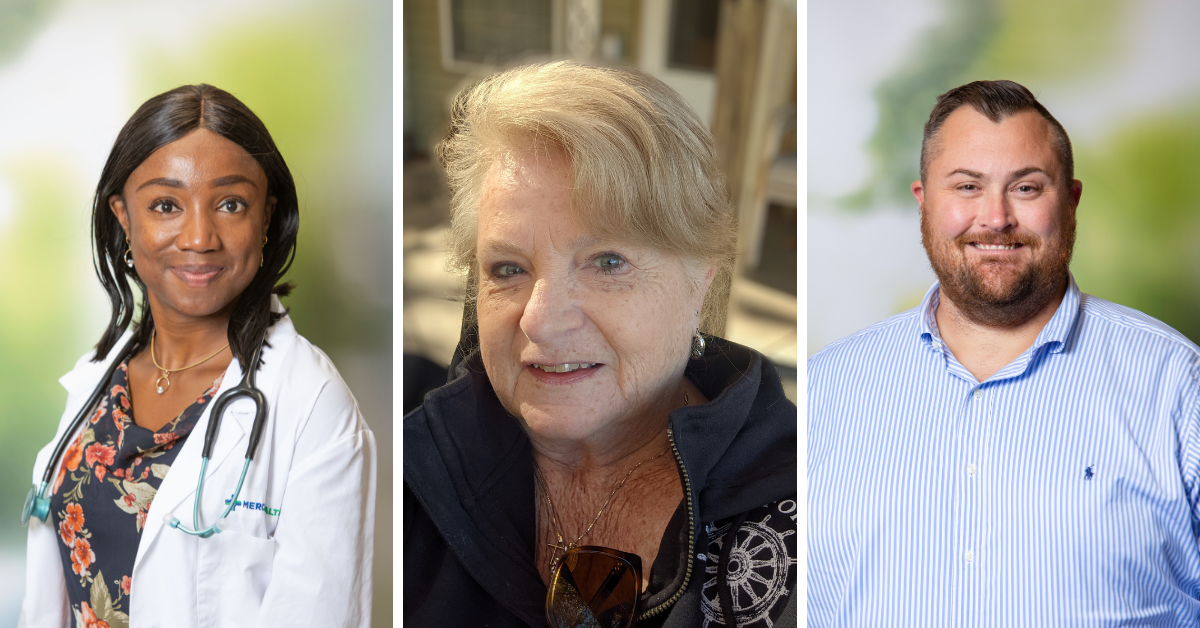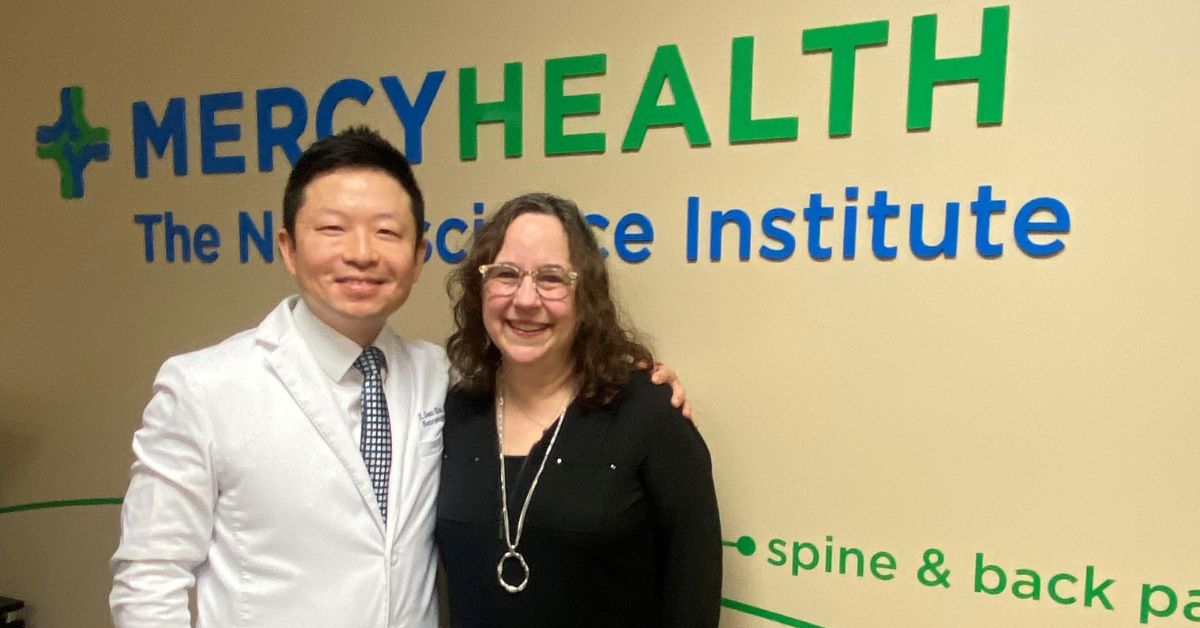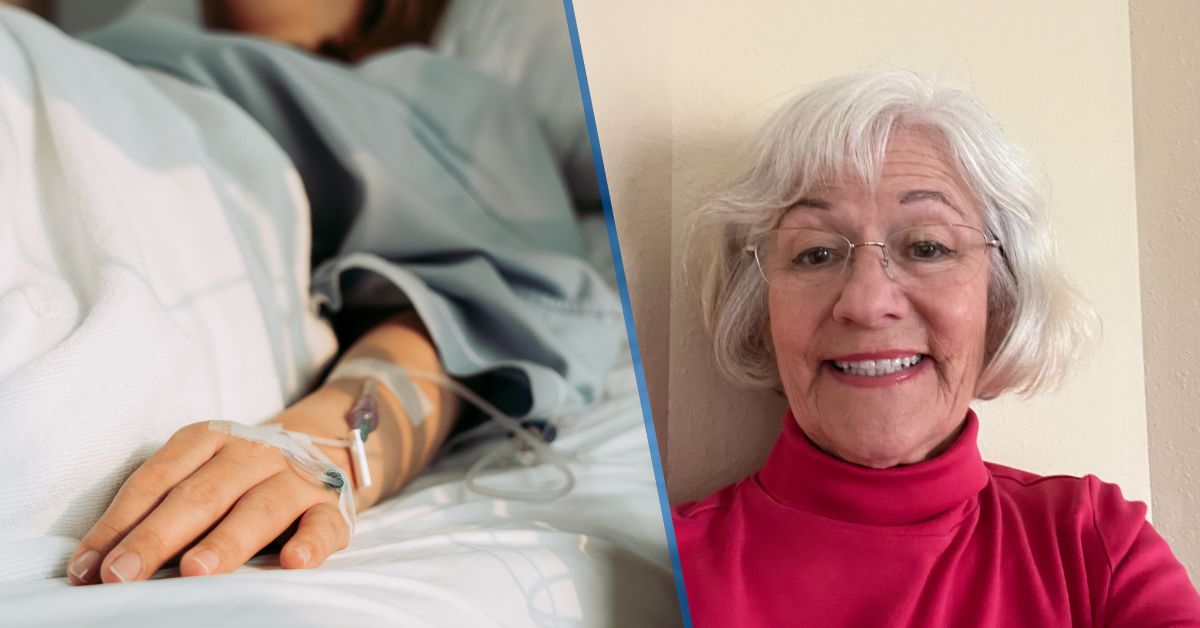How Mercy Health Springfield helped one patient beat the odds of an abdominal aortic aneurysm.
Friday, October 6 was a beautiful fall day. Kent Swayne was using his rotary mower when he ran it into two fence posts. He decided to take down the fence posts with his sledgehammer. And although he felt pain in his back and stomach, the 68-year-old retiree simply wrote it off as the flu.
“The next morning when I woke up, I knew something wasn’t right,” Kent said. “I put my hand on my stomach and felt a pulsation. It was like nothing I’ve ever felt before. I put a heating pad on my stomach but it didn’t help. I was getting weaker and told my wife she might want to call emergency.”
That’s when Kent passed out on his bed. The next thing he remembers is the emergency squad coming in and putting him in the ambulance, and then cutting off all of his clothes in the hospital room.
Treatment for abdominal aortic aneurysm
Kent had suffered a ruptured abdominal aortic aneurysm. An abdominal aortic aneurysm, also known as a AAA, is a condition in which the lower part of the aorta, the major blood vessel that supplies blood to the body, becomes enlarged and weakened. Ruptured AAAs are among the most fatal medical emergencies, with a 90% mortality rate.
“Not many people survive this,” said Surender Neravetla, MD, a cardiothoracic surgeon at Springfield Regional Medical Center who sees six-12 AAAs annually. He assisted his daughter, Soumya Neravetla, MD, also a cardiothoracic surgeon, in performing emergency surgery on the Swayne.
“He came to the emergency department near death,” says Dr. Surender Neravetla. “Much credit for his survival needs to go to our emergency department team, which did a great job using the latest technology to perform aggressive resuscitation and make a quick diagnosis of his condition.”
Dr. Neravetla fit Kent with a stent placed through the femoral artery. He returned home four days later.
“I can’t say enough about our entire team, which mobilized immediately to save this man and restore him to full functionality,” Dr. Surender Neravetla said.
“I live about 8-10 miles from the hospital and if I was anyplace else but home, I don’t know what would have happened,” Kent said. “I know I was close to death. The doctor jokingly asked me if I saw any white lights. I’m so glad the emergency room team was there for me.”
Today, Kent has made a full recovery and enjoyed a great Thanksgiving at home with his in-laws and outlaws — as he calls them. He also has some advice for people.
“I have high blood pressure and it was sky high morning that it happened. I’d say people better take heed of their blood pressure,” Kent said. “Also, I have been able to stay off cigarettes. Although people told me I should quit now and again, when the grim reaper slaps you upside the head with a 2×4 you take notice.”
Whether you suffer from an abdominal aortic aneurysm or any other health issues, the Mercy Health team is here for you. Our expert, compassionate caregivers are here to put your health first. To find a caregiver near you today, call 513-952-5000 or visit mercy.com.







2 Comments
Post a CommentAnn C Zlanham
Mercy Fairfield doctors have saved my life on several occasions. heart attack and ruptured intestines with sepsis and peritonitis. Thank you again to the great teams.Mercy Health
Happy to hear you're doing well, Ann! Thanks for the positive feedback - our team is always here for you!